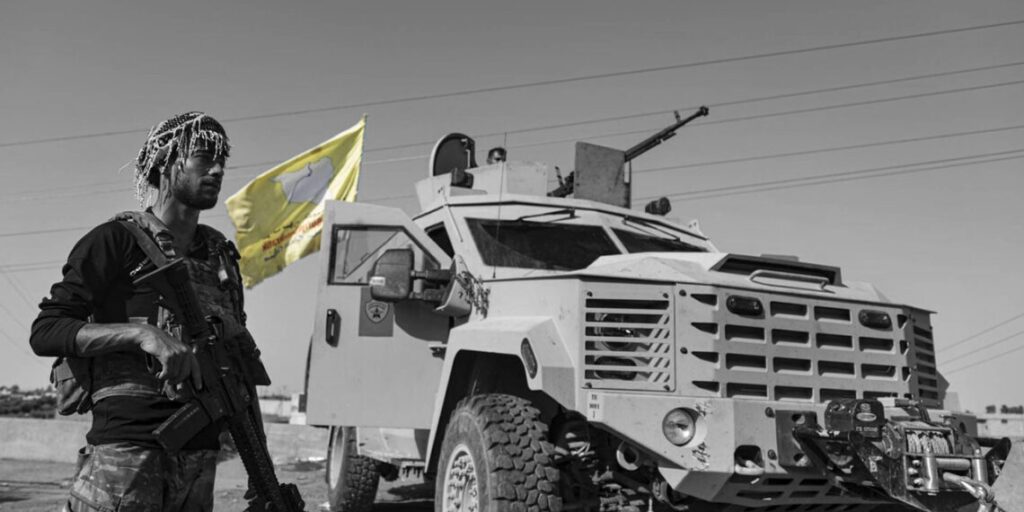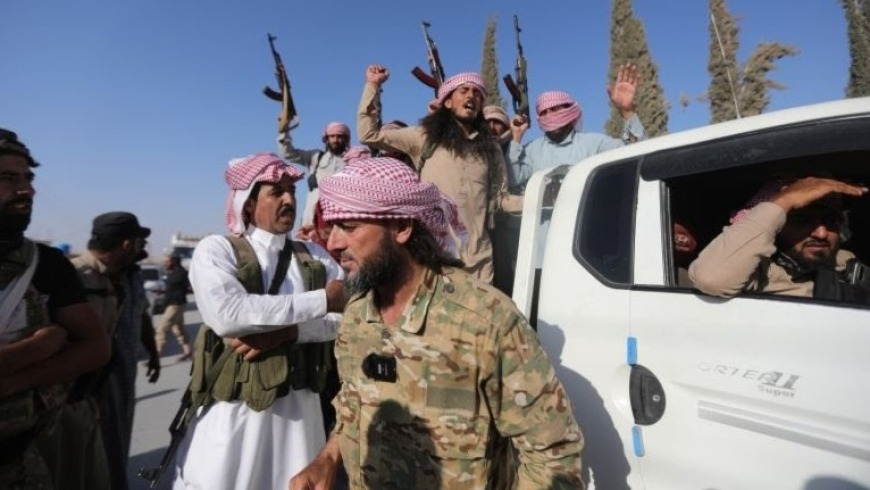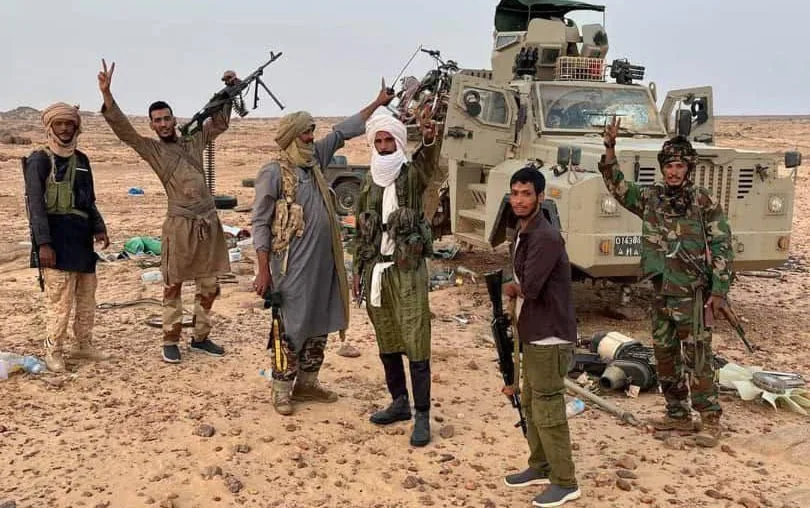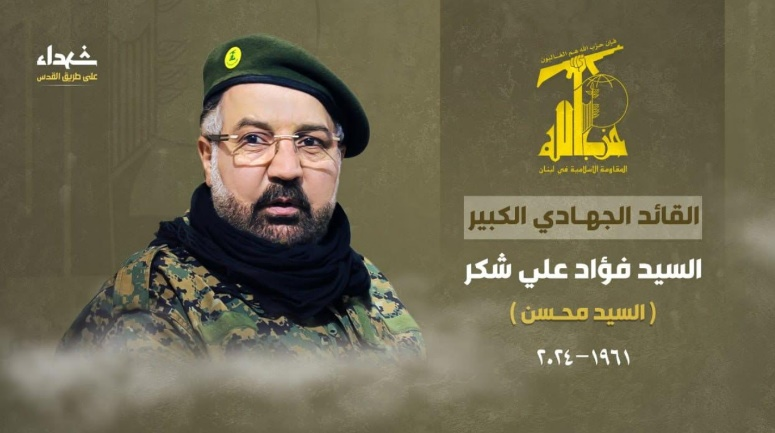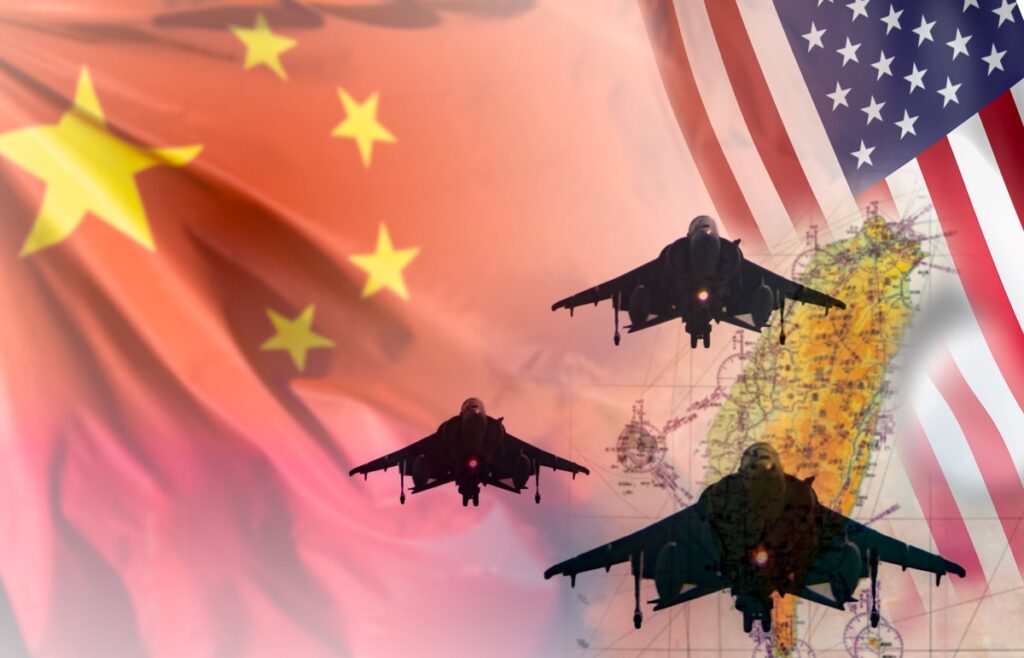IntelBrief: Iran and Hezbollah Poised to Retaliate
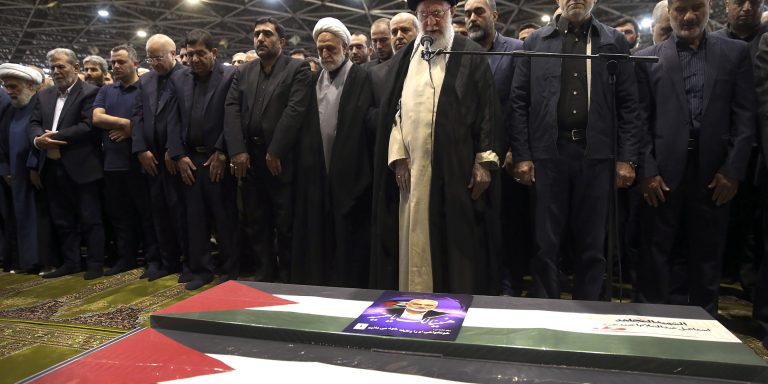
Bottom Line Up Front
- Iran and its allies in the “Axis of Resistance” likely perceive recent Israeli attacks as an escalation designed to provoke a broader regional confrontation on Israel’s terms.
- Iran is likely to launch missiles and armed drones at Israel, aiming to cause extensive damage, in contrast to its April barrage that was mostly intercepted.
- Iran’s most potent partner, Lebanese Hezbollah, is likely to join any attack in force as a response not only to the Haniyeh killing but also to retaliate for Israel’s Beirut strike last week that killed a top commander, Fuad Shukr.
- U.S. officials are building up forces in the region to signal to Iran that a major attack on Israel risks bringing Iran into an unwanted conflict with the United States, something Tehran also hopes to avoid.


